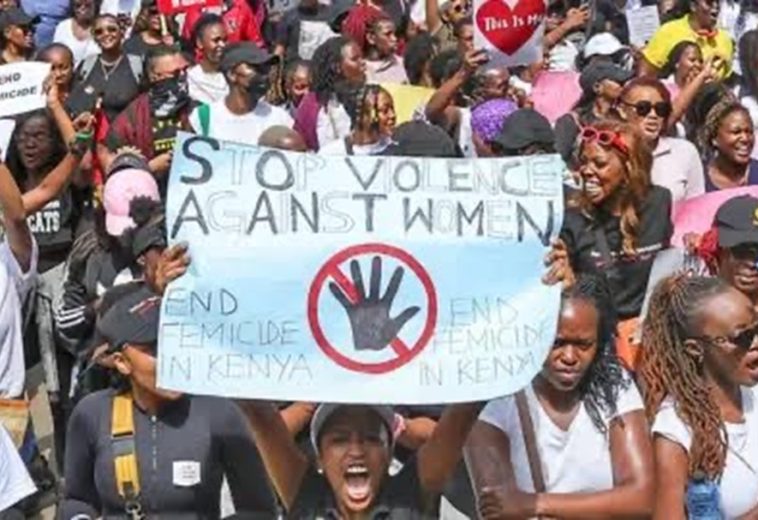Discover how Corporate Social Responsibility (CSR) initiatives are transforming Africa’s journey towards achieving the United Nations’ Sustainable Development Goals (SDGs).
As Africa strides towards a brighter future, the pursuit of sustainable development has never been more urgent. The United Nations’ Sustainable Development Goals (SDGs), adopted in 2015, provide a universal blueprint for peace, prosperity, and environmental sustainability. With its rapidly growing population and abundant natural resources, Africa is uniquely positioned to benefit from these goals while facing significant challenges in their achievement.
READ ALSO: United Nations to Partner With African Union – Antonio Guterres
While governments play a crucial role, the private sector, through Corporate Social Responsibility (CSR), has become an essential driver of progress. By aligning CSR initiatives with the SDGs, companies are shaping Africa’s development trajectory, improving lives and safeguarding the environment for future generations.
What Are the SDGs?
The Sustainable Development Goals are a set of 17 global objectives, including eradicating poverty, achieving gender equality, ensuring quality education, combating climate change, and promoting sustainable economic growth. In Africa, the challenges are immense. Many countries contend with widespread poverty, limited infrastructure, and vulnerability to climate change. Corporate participation, through strategically aligned CSR initiatives, has emerged as a powerful force in addressing these obstacles and advancing sustainable development.
The Role of CSR in Achieving the SDGs in Africa
CSR refers to a company’s practices and policies aimed at contributing positively to society beyond generating profits. Across Africa, CSR initiatives are addressing critical issues such as poverty, inequality, environmental sustainability, and public health—core areas of focus within the SDGs. Businesses are increasingly integrating the SDGs into their CSR strategies, delivering measurable social, economic, and environmental benefits.
Tackling Poverty through CSR
Poverty remains a significant challenge in Africa, with millions living on less than $1.90 per day. CSR initiatives targeting poverty alleviation, job creation, and economic growth are making an impact. Companies like MTN and Safaricom have introduced mobile banking solutions, such as MTN Mobile Money and M-Pesa, revolutionising financial inclusion and empowering millions. Other CSR programmes focus on supporting local suppliers, fostering entrepreneurship, and investing in critical infrastructure, promoting economic inclusion and growth.
Empowering Education and Promoting Digital Literacy
Access to quality education is a persistent barrier to development in many African nations. According to UNESCO, millions of children in sub-Saharan Africa lack access to basic education, while many areas suffer from inadequate educational resources. Private companies are stepping up with impactful CSR initiatives. For instance:
• Coca-Cola’s 5by20 Programme: Empowered five million women entrepreneurs through training and education by 2020.
• Microsoft and Google: Offer digital literacy programmes, equipping African communities with essential skills for the evolving digital economy.
By bridging these gaps, the private sector is fostering a future-ready workforce and addressing educational inequities.
Promoting Gender Equality
Women and girls in Africa often face barriers to education, healthcare, and economic opportunities. CSR initiatives have been instrumental in driving gender equality. For example, Unilever’s “Shakti” Programme in Nigeria empowers women by enabling them to earn an income through selling Unilever products, fostering financial independence and community growth.
Combating Climate Change and Building Resilience
Africa is especially vulnerable to the effects of climate change, with extreme weather events disrupting food security and livelihoods. CSR initiatives focusing on environmental sustainability are critical to mitigating these risks. Renewable energy companies such as SolarNow and M-KOPA Solar are addressing energy access challenges by providing affordable solar solutions to off-grid communities in East Africa. These efforts contribute to sustainable development and climate resilience, aligning with SDG 13 (Climate Action).
Improving Healthcare Systems
Africa’s health systems are often underfunded and lack adequate infrastructure. CSR initiatives have stepped in to bridge the gap. Pfizer and Johnson & Johnson collaborate with governments and NGOs to increase access to life-saving medications, vaccines, and healthcare education. Public health contributions from companies include medical supplies, fund healthcare centres, support outreach programmes, and other donations that enhance community health outcomes. By addressing these challenges, these CSR initiatives are helping to achieve SDG 3 (Good Health and Well-Being).
Achieving the United Nations’ Sustainable Development Goals in Africa requires a collaborative, multi-stakeholder effort, with the private sector playing a vital role. Corporate Social Responsibility (CSR) has emerged as a powerful tool for tackling Africa’s most pressing challenges, from poverty and gender inequality to climate change and education. As African businesses continue to align their CSR strategies with the SDGs, they have the potential to drive enduring positive change.




